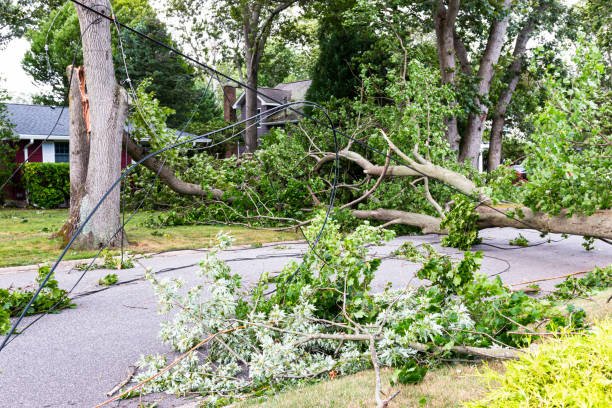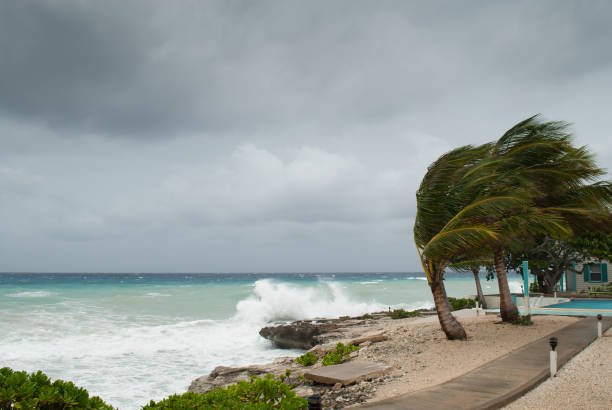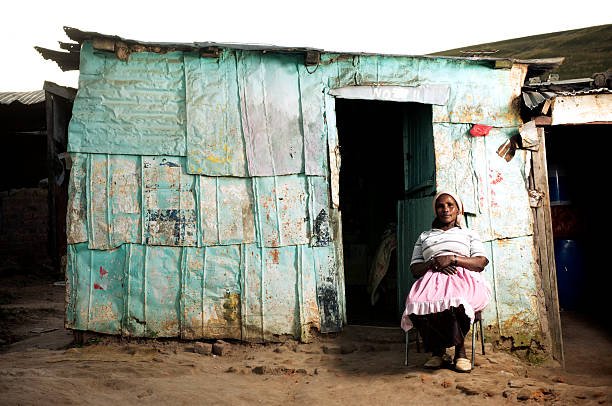How Tropical Cyclone Eloise Impacted the Economy of Mozambique: In January 2021, Tropical Cyclone Eloise wreaked havoc on Mozambique, causing widespread destruction and impacting the country’s economy. Eloise struck less than two years after Cyclone Idai, making the situation even more challenging for the people and government of Mozambique. The cyclone damaged critical infrastructure, farmland, and thousands of homes, leading to severe economic implications for a country where nearly half the population lives below the poverty line. The urgent humanitarian needs escalated post-cyclone, with around 250,000 people, including 130,000 children, likely requiring assistance. UNICEF has been a significant player in responding to this crisis, providing immediate relief to the affected communities and assisting in the recovery process. This paper discusses the economic impacts of Tropical Cyclone Eloise and the critical role UNICEF has played in mitigating these impacts and supporting recovery efforts.
How Tropical Cyclone Eloise Impacted the Economy of Mozambique
Tropical Cyclone Eloise, which hit Mozambique in January 2021, had a significant impact on the country’s economy, primarily through the following channels:
- Agricultural Losses: The cyclone led to the flooding of tens of thousands of hectares of crops, which could significantly impact the next harvest in April. This could potentially lead to food shortages and higher food prices, affecting food security and increasing the cost of living for many families. In the longer term, these agricultural losses could lead to reduced agricultural output and productivity, impacting the rural economy and potentially leading to an increase in rural-urban migration.
- Infrastructure Damage: The storm damaged and destroyed vital infrastructure, including roads, which could have significant economic implications. Damaged roads can disrupt transportation and trade, hindering economic activity and potentially leading to increases in commodity prices. The cost of repairing or replacing the damaged infrastructure could also place a significant burden on the government’s budget.
- Housing Destruction: Thousands of homes were damaged or destroyed by the storm, displacing many families. The cost of repairing or rebuilding these homes could be significant, and many families may not have the resources to do so. This could potentially lead to an increase in homelessness and poverty.
- Disruption of Services: The cyclone disrupted basic services, affecting families’ access to healthcare, safe drinking water, and other essential services. The cost of restoring these services could be substantial, and the disruption could have significant social and economic impacts, including potential increases in disease and mortality, decreased productivity, and reduced quality of life.
- Increase in Humanitarian Needs: The cyclone has increased the need for humanitarian assistance, with around 250,000 people, including 130,000 children, likely to need help. Providing this assistance could require significant resources, potentially diverting funds from other areas of the economy.
These economic impacts are likely to be particularly severe given that nearly half of the population was living below the poverty line even before the cyclone struck. The economic slowdown related to COVID-19, the ongoing conflict in Cabo Delgado, and the impacts of previous shocks such as Cyclone Idai have further exacerbated the country’s economic vulnerabilities.
UNICEF’s Response
UNICEF has been playing a crucial role in the response to Cyclone Eloise, helping to mitigate some of its economic impacts by providing immediate relief and support to the affected communities. This includes providing shelter, medical supplies, hygiene kits, and safe drinking water, which can help to prevent the spread of waterborne diseases. By helping to meet these immediate needs, UNICEF is contributing to the recovery effort and helping to prevent further economic deterioration. In the longer term, UNICEF’s work to assess needs, prioritize support, and protect children can help to support the country’s social and economic recovery.






